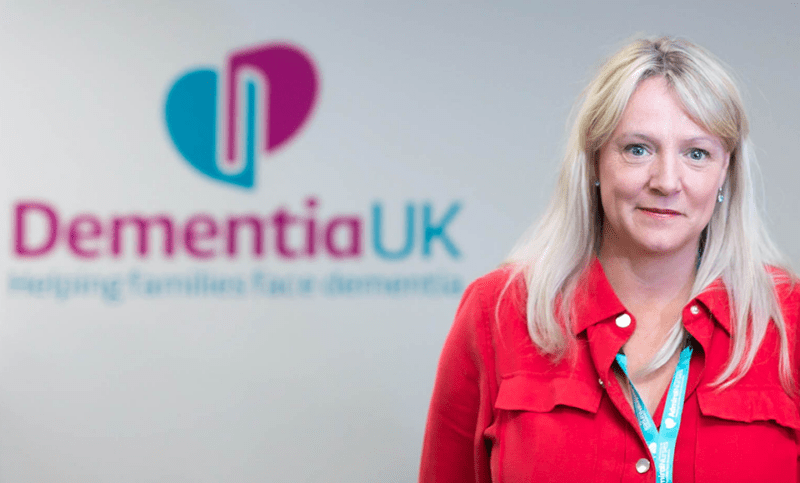
A day in the life of Admiral Nurse Ruby Guild
Ruby talks us through her working day supporting families affected by dementia in local communities.
Rachel Johnstone from Dementia UK on the challenges LGBTQ+ people with dementia may face and how Dementia UK is helping.
June is Pride month, and this year marks 51 years of the Pride movement in the UK. Although we have come a long way in tackling stigma in this time, a new report by the charity Stonewall – LGBT in Britain: Health Report – shows that discrimination, hostility and unfair treatment in healthcare services are still commonplace.
Discrimination, whether perceived or actual, can stop LGBTQ+ people from accessing the health and social care services they need. According to the report, one in seven LGBTQ+ people, including more than a third of trans people, have avoided treatment for fear of prejudice.
The Bring Dementia Out programme from the LGBT Foundation suggests that there could be as many as 68,000 LGBTQ+ people living with dementia in the UK.

LGBTQ+ people living with dementia and their carers may face unique challenges. For example:
Understanding someone’s sexual orientation and gender identity will help to improve the delivery of person-centred care, but it is important to understand that while these may be an important part of who they are, it is not their whole identity.
The LGBT Foundation and NHS England have produced a good practice guide to help professionals open up conversations around sexuality, gender and trans status, which professionals may shy away from for fear of causing offence and uncertainty about how and what to ask.

Ruby talks us through her working day supporting families affected by dementia in local communities.

We speak to Admiral Nurse Jules, on why she chose to specialise in young onset dementia and how she supports families.

Helen McDavitt is the Head of Helpline and Clinics at Dementia UK.